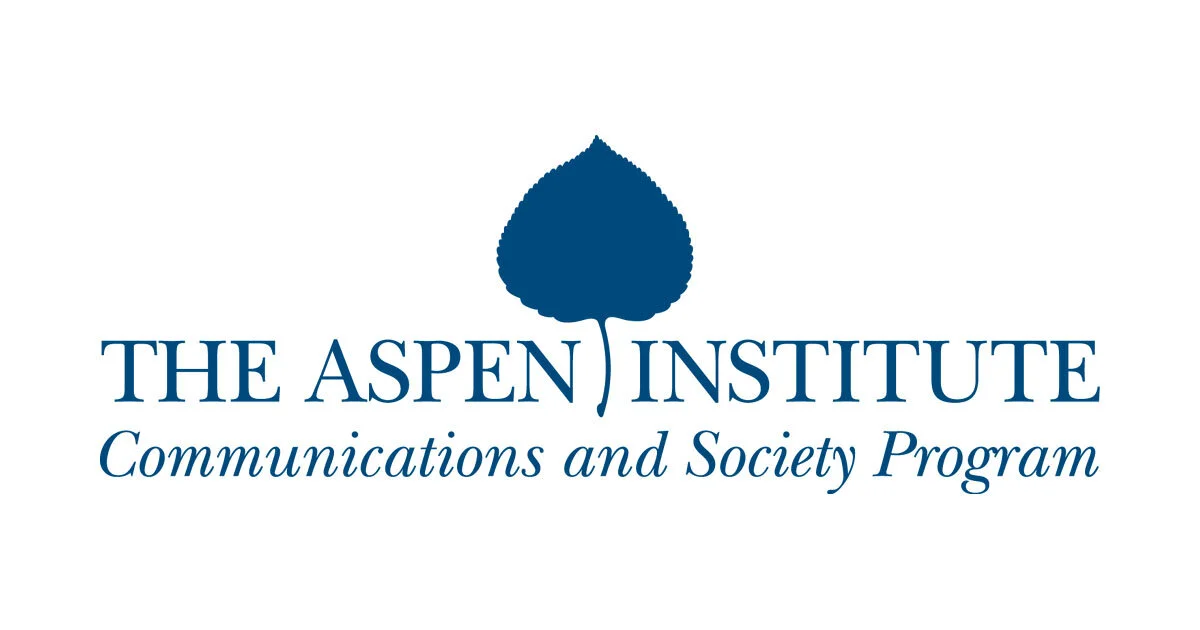By now, it is almost routine to see columns sounding the alarm about millions of existing jobs at risk of being automated. However, the real risk is that we do not have a system ready to equip people with the skills needed to fill millions of new and modified jobs that will result from the rise of AI.
Bush Institute: Five Questions With John Bailey
John Bailey (EOP, DoC, DoEd) is a busy guy. As a visiting fellow at the American Enterprise Institute he works on finding new ways to help “re-skill” individuals who have lost their jobs during times of economic disruption, whether because of normal business cycles, automation, or artificial intelligence. He is also a fellow at the Chan Zuckerberg Initiative working on economic mobility and education issues. He also serves on a number of boards, including the Education Reform Advisory Council of the George W. Bush Institute. He also serves as a moderator for the Aspen Institute’s Global Leaders Network.
Chan Zuckerberg Initiative Brain Trust Draws People From Varied Backgrounds
In late 2015, upon the birth of their first child, Facebook co-founder Mark Zuckerberg and his spouse, pediatrician Priscilla Chan, announced that they would dedicate 99 percent of their Facebook holdings — at the time, an estimated $45 billion — to “improving this world.” Who are the key staff members working alongside Mr. Zuckerberg and Dr. Chan to spend tens of billions of dollars?
John Bailey: The CZI education fellow’s former gigs include director of educational technology at the Department of Education, special adviser to President George W. Bush, and start-up consultant. He also spent a year at the Bill & Melinda Gates Foundation, managing $20 million in advocacy grants.
Gorilla Trekking
I had the opportunity to participate in several gorilla treks in Uganda and Rwanda. There are only two populations of mountain gorillas left in the world. The first lives in the Virunga volcanic mountains, with groups scattered in Rwanda, Uganda, and the Democratic Republic of the Congo. The second lives in the Bwindi Impenetrable Forest. We had the chance to visit the Nkuringo, Bwenge, and Agashya families.
Many GOP K-12 Policy Hands Would Turn Down a Job With Donald Trump
It's the way Trump has discussed various groups of people, along with his non-existent education platform, that leads John Bailey, the vice president for policy at the Foundation for Excellence in Education (founded by former Gov. Jeb Bush), to swear off working for or providing counsel to Trump.
"I just don't believe he has an agenda," Bailey said. "It troubles me greatly how dismissive he is of many key groups, whether it's women, immigrants, or minorities."
Unleashing Entrepreneurial Energy to Transform Education
This emerging generation of entrepreneurs is blurring the lines between purely social or business interests as demonstrated by the rise of Silicon Valley companies tackling societal challenges ranging from greentech to healthcare to education. These social entrepreneurs are often driven by a double bottom line of measuring success not just based on traditional business metrics but also social outcomes. Within this wave of social entrepreneurs are individuals launching ventures aimed at solving difficult challenges within our education system. They strive to address pain points and frustrations for teachers, improve the learning experience for students, offer parents new ways to help their child, or reimagine the way instruction can be delivered using games.
There are thousands of entrepreneurs just waiting to bring innovations to education. The question before us is if our nation will give them the opportunity to do so.
Aspen Institute Taskforce on Learning and the Internet: Learner at the Center of a Networked World
The Aspen Task Force on Learning and the Internet, with support and guidance from the John D. and Catherine T. MacArthur Foundation, is a group of 20 innovative and respected minds in technology, public policy, education, business, privacy and safety. The Task Force’s goal was to understand the ways in which young people learn today and to optimize learning and innovation within a trusted environment.
Six Recommendations for Learning in the Digital Age
The 20-member task force, which includes three former Federal Communications Commission leaders, made six recommendations comprising 26 action steps for policymakers, education leaders and others in a report released on Tuesday, June 17. But the central idea of this report is that learning should revolve around the student, not the institution of school.










